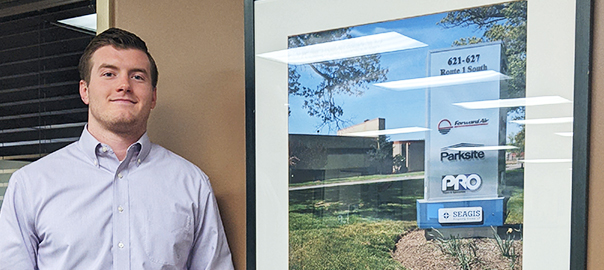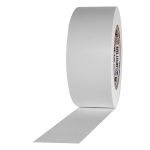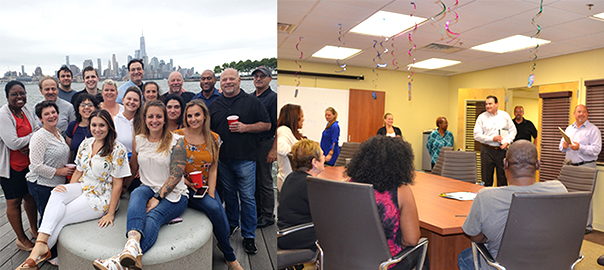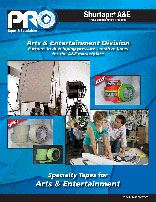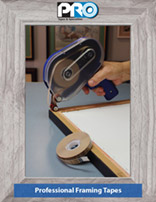Got your first job? After graduating from college, you might think you’ll need to remember everything that was taught to you. First of all, that is simply impossible to do. Second of all, what you learned won’t always apply to solving problems at your first job.
I’m Van, the Lead Generation & Business Development Analyst here at Pro Tapes®. As of writing this blog, I’m officially 7 months into my role. With that said, I want to give you some of my strategic tips for being successful at your first job.
It’s vital to understand the knowledge that is being provided to you, but even more vital to understand how to use it.
The amount of schooling that is applicable to your first job tends to not be much. That does not mean that your schooling was not worthwhile. A lot of what you get out of school prior to your first job no one tells you.
College Class Material Isn’t Everything at Your First Job
When you enter into your first real job out of college, you may think what you learned there will help. However, figuring out how to succeed at work comes down to understanding your company and asking the right questions.
There will rarely be a formula you were taught in school that’ll help you succeed perfectly at your first job. That knowledge will come through internal training and using the resources that are provided to you.
What college courses do provide is an opportunity to develop a strong work ethic and organization skills. Developing those two traits in school puts you at a strong starting point to handle work related tasks when you first begin.
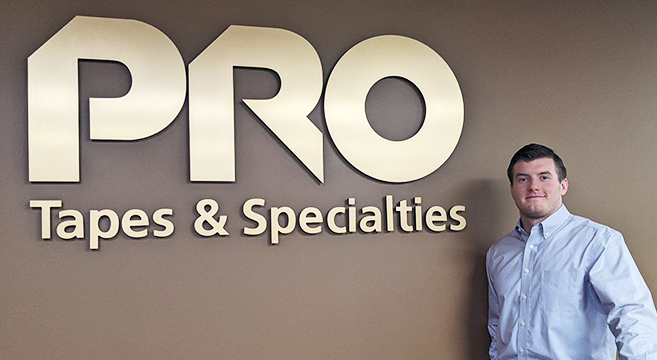
Work Hard, but Work Smarter
In school, you go through a process of figuring out the most efficient ways to get assignments done while maintaining a high standard of quality. The thing is, this concept is not taught, it is acquired. Most professors don’t sit you down and teach how to study in a way that maximizes your time.
The same applies when it comes to your job. When you start working it is on you to teach yourself how to get everyday tasks done in a time efficient manner that holds a strong standard of quality.
If you don’t balance working hard and working smart, you may find yourself lacking enthusiasm about your job. Putting too much energy into just one of these concepts could result in burning out.
Confidence is Key – If You Do It Right
Your first job will introduce a whole new level of nerves. At first, you’re not going to feel sure about how to do things the right way. But acting confidently allows for others to be confident in you.
Portraying that you are confident and not afraid to make mistakes is a good thing. As long as you learn from mistakes that you make and you ask the right questions.
Being confident does not mean acting like you know everything that you’re doing right away. It’s completely ok to ask questions, it shows that you care and want to be accurate in your work. Coming off as if you know exactly what you’re doing, even though you might not, can lead to mistakes being made resulting in a lack of confidence in yourself and from others.

Moving Forward at Your First Job
When it’s all said and done you will realize there were many things that no one told you before you started your first real job. Go in with an open mind and be able to see things from multiple perspectives.
School gets you into a mode where there is only one right answer to many questions. Your first real job will show you that there are many answers to solve certain problems, it’s a matter of achieving the best way. Applying some of the above tips will make your transition a lot smoother.

